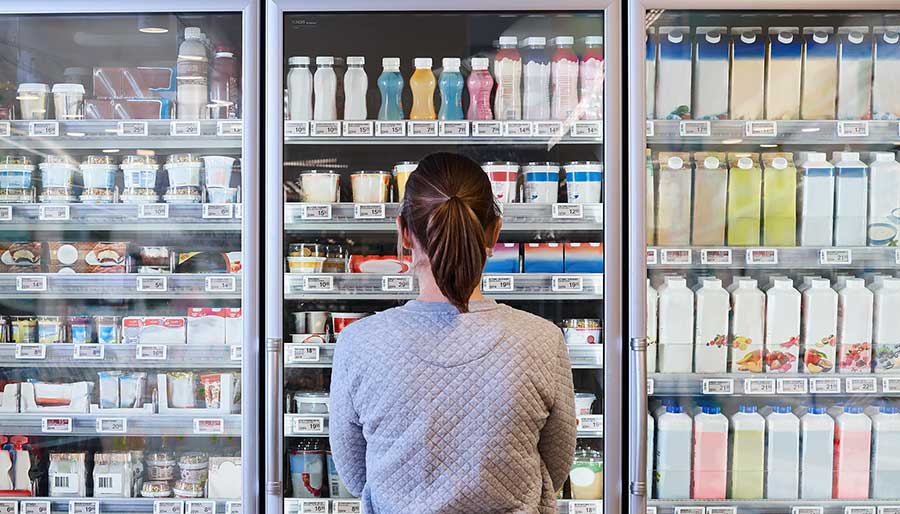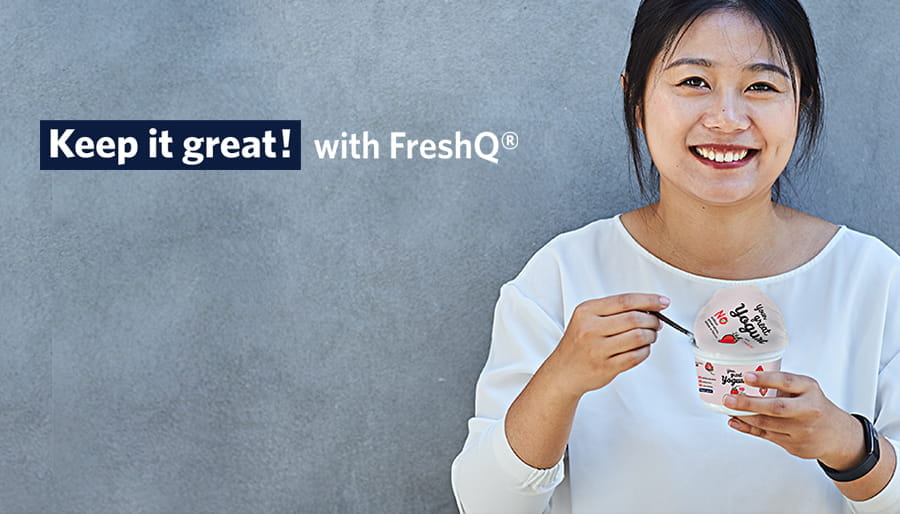In the yogurt industry, date labels are a key cause of food waste
Studies of consumer behavior suggest that an estimated half of all yogurt products are discarded without ever having been opened. This is not due to actual spoilage, but rather to products surpassing the ‘best before’ dates that lead many consumers to believe they are no longer safe to eat. In fact, our research found that the date label was a contributing factor in 70% of instances where yogurt went to waste at the consumer.
At Chr. Hansen, we know that it is possible to keep yogurt-like products in the refrigerator past their ‘best before’ date without compromising safety or taste. Progress in food science has made it possible to keep yogurt fresher for longer so that consumers need not discard edible food upon reaching its labeled ‘best before’ date. Instead, consumers can simply see, smell and taste whether their yogurt is still fresh and safe to eat.
The push to fight food waste comes from consumers, producers and policymakers
Consumers concerned about sustainable consumption welcome opportunities to purchase foods that offer a longer shelf life, and retailers are well-positioned to play a role in offering more sustainable solutions. In fact, our research found that when consumers were presented with a new idea for a product – a yogurt naturally able to stay fresh for an extra week – they were very enthusiastic about making a trial purchase.
For example in Spain, the percentage of interested consumers was highest, with 29% expressing openness to purchasing this type of product. A very convincing performance for a product introduction above average benchmarked against all other yogurt product concepts tested in Spain.
By extending the shelf life of yogurt using natural solutions, dairies can enjoy an advantage over competitors by better satisfying consumer preferences for more sustainable options. Given the broader push across Europe among retailers and policymakers to tackle food waste and adopt concrete reduction targets, now is the time for yogurt makers to embrace evolving preferences and innovate toward more sustainable solutions.





